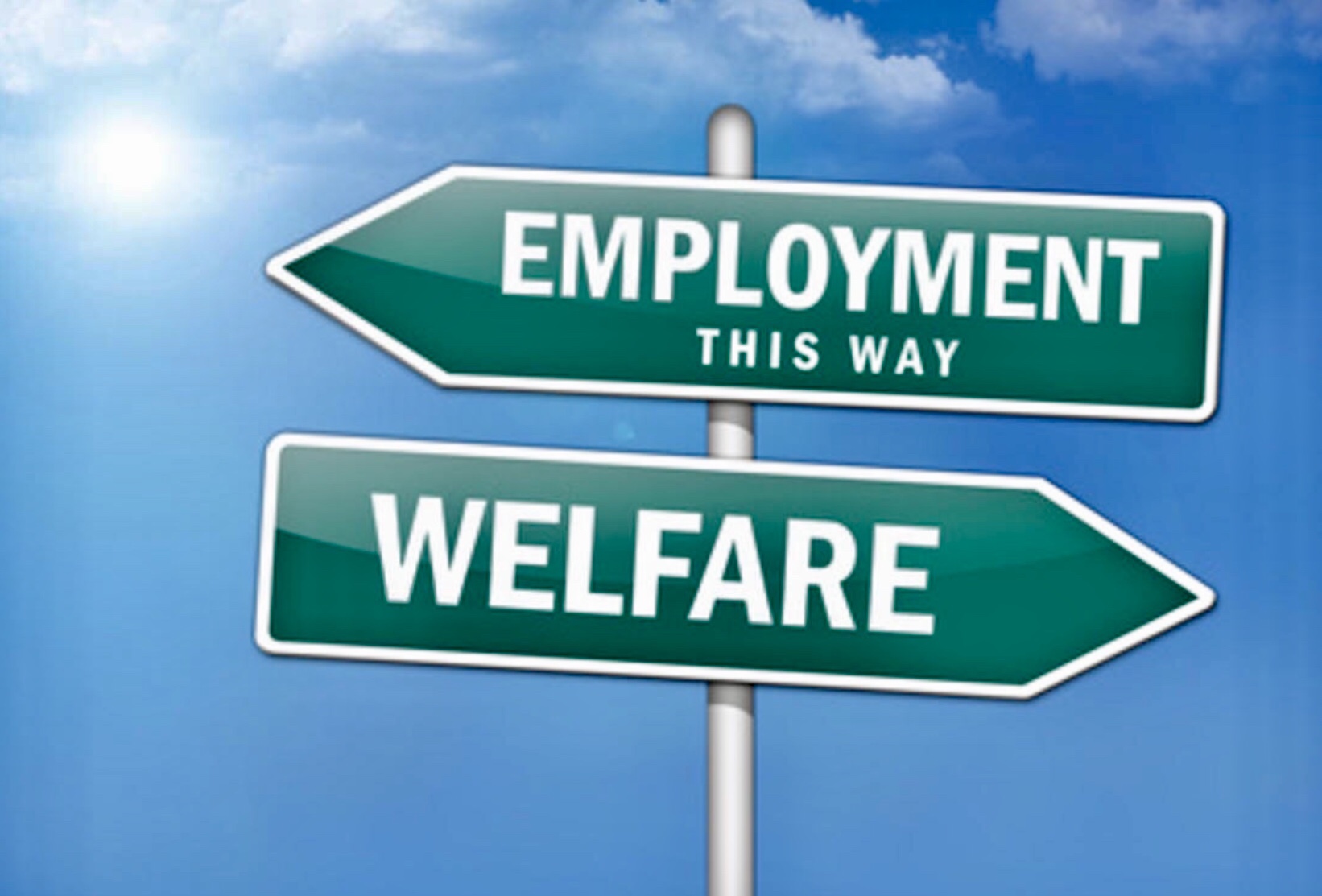Dr Muriel Newman
nzcpr.com
Continued…
This is an indictment of Labour’s welfare system. The fact that there is no pro-active work expectation for almost 80 percent of welfare recipients means that instead of incentivising able-bodied beneficiaries to get jobs, taxpayers are paying them to do nothing.
Not only that but since long term benefit dependency has been identified as one of the most serious risk factors for children, MSD’s inaction is endangering children.
As Lindsay Mitchell explains, “MSD research from 2017 showed that children who had spent 80 percent or more of their first two years on a benefit were 38 times more likely than a child with no benefit history to have a finding of abuse.”
When it comes to finding jobs, beneficiaries who are reasonably motivated will need little assistance from the MSD. But that’s not the case for those who have been on a benefit in the long term, particularly those involved in criminal gangs.
Research published by MSD in 2016, found that between 1993 and 2014 over 90 percent of all known gang members had been on a benefit. The average length of time they spent on a main benefit – mostly the dole – was 9 years, but almost 20 percent had received a benefit for over 15 years.
It was estimated that the total cost to taxpayers of supporting criminal gangs on welfare over that period was more than $500 million – over $130,000 per gang member.
Gangs, it now appears, are in effect state-sponsored organisations. We are paying gang members to commit crimes.
While that is bad enough, the damage to children is tragic. Of the 6,000 children, who lived in gang families on welfare, 60 percent had been abused or neglected. By the age of 10, nearly a quarter of these children had already had youth justice involvement – the cycle of dysfunction was set to continue into the next generation.
While gang members will no doubt be difficult clients for MSD, that doesn’t mean they should be free to treat welfare as another income stream to supplement their revenue from crime.
Nor should MSD wash their hands of the plight of their children.
Difficulties in transitioning those on welfare into work are not unique to New Zealand. Some jurisdictions have implemented interventions that have been proven to be successful for even the most intransigent beneficiaries.
Intensive case management, with consequences for those who choose to “game” the system, can be highly effective. Assistance to help the beneficiary overcome their barriers to work might include childcare, budgeting advice, addiction services, mental health support, CV preparation, transportation, and so on.
The key is to require them to ‘turn up’ each working day to a job centre in order to undertake a full-time tailored programme of work preparation, training, and job search. Designed to instil the disciplines and habits of the 40-hour working week, if they are late or don’t turn up, their benefit is docked.
The reality is that if someone is required to turn up for a structured eight hours working day as a condition of receiving their benefit, it won’t take them long to realise that they may as well be in work – doing something that’s more rewarding.
Another effective intervention is income management. It not only ensures that benefit money is used to pay the bills and buy nutritious food – rather than being spent on such things as alcohol and drugs – but it has also been attributed as one of the key reasons for a sharp decline in the number of teenage parents.
In those cases, specialist youth providers set up automatic payments for teenage beneficiaries for rent, power and so on, with grocery money going onto a payment card that couldn’t be used for cigarettes, alcohol, or gambling. That left $50 or so a week for discretionary spending.
However, it appears that for many, having control of their income was far more important than staying on a benefit.
A similar concept underpins the Cashless Debit Card that’s being trialled in Australia. Like a regular bank card, it can be used to pay rent, the mortgage, and other bills, to buy groceries and clothes, but it can’t be used for gambling, alcohol or drugs. Beneficiaries have 80 percent of their welfare payment credited to the debit card, with 20 percent going into their usual bank account for discretionary spending.
An evaluation of the use of the card found that children were better looked after, and social harm was reduced, with less drinking, drug use and gambling. This led to a reduction in violence and crime.
Another key intervention used in the US is time limits on welfare – a two year limit on continuously receiving a benefit, and a five-year lifetime limit. A safety net of housing subsidies and food stamps ensures that even if welfare stops, people will not become homeless, nor starve.
There are many interventions that successfully help beneficiaries transition into work. But if Jacinda Ardern is serious about improving the lives of children, she would ask MSD to prioritise the reduction of long term benefit dependency for families with children – including gang families – ensuring they are work tested and assisted into jobs.
Finally, MSD’s annual report had a section on ‘Championing equal employment opportunities’. They say, “We are committed to the principle of equal employment opportunities (EEO)… Our EEO policy promotes equality…”
They give the impression that they are doing well with regards to gender equality amongst staff.
But the figures tell a different story: 70.4 percent of their workforce is female, 29.5 percent is male, with 0.1 percent undeclared.
Shouldn’t ‘equal employment’ mean equal numbers of men and women?
Doesn’t their result mean than MSD is doing very badly indeed and needs to urgently hire more men?
Or am I missing something!

